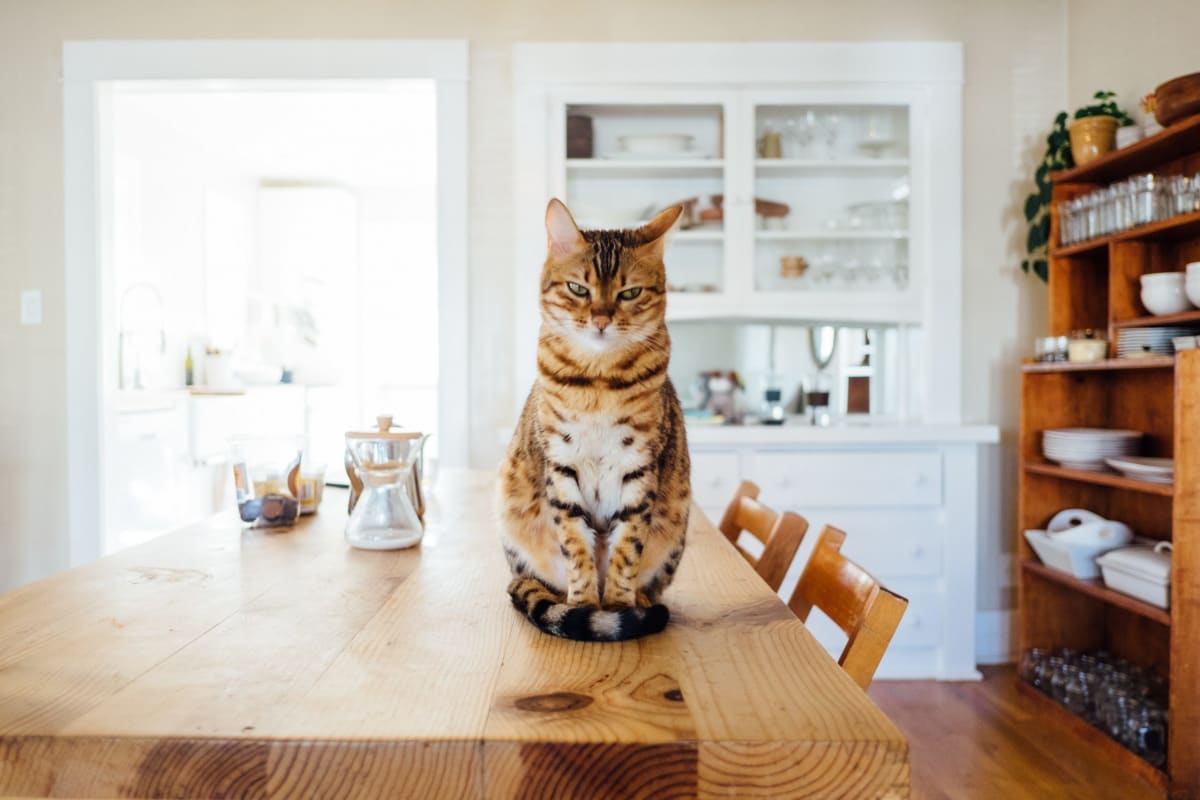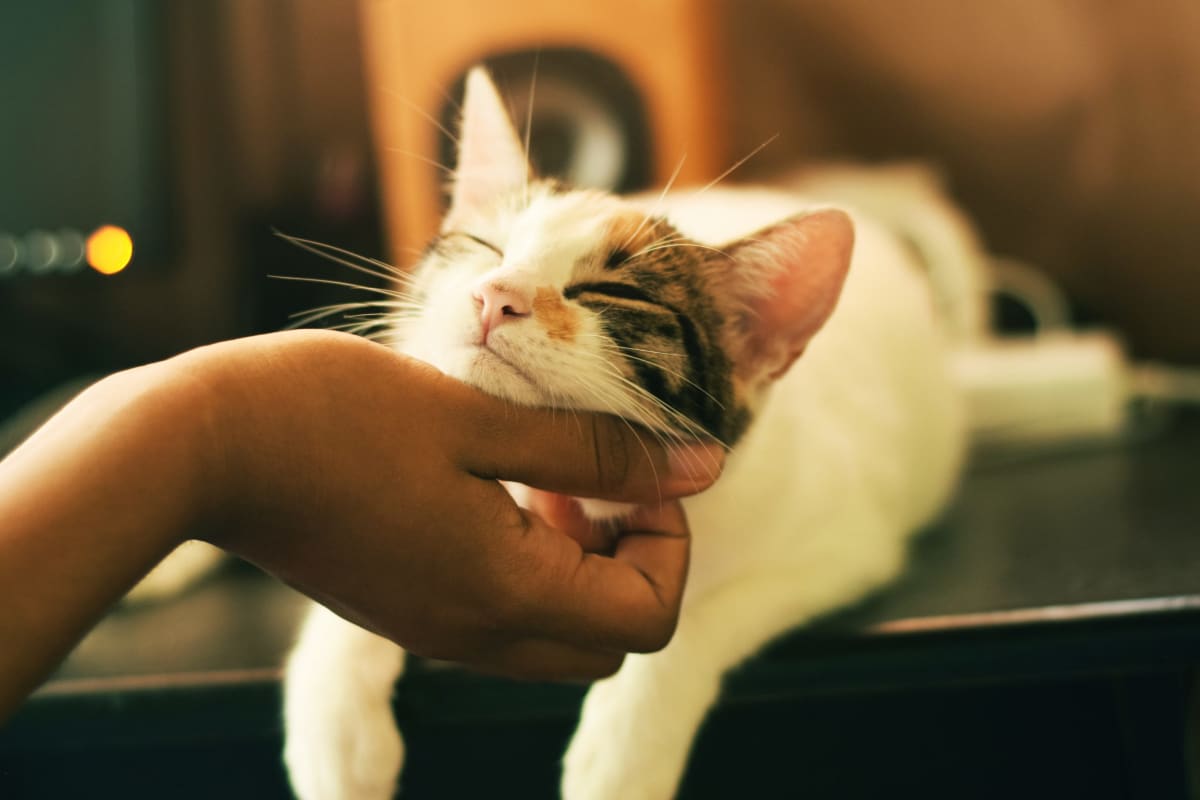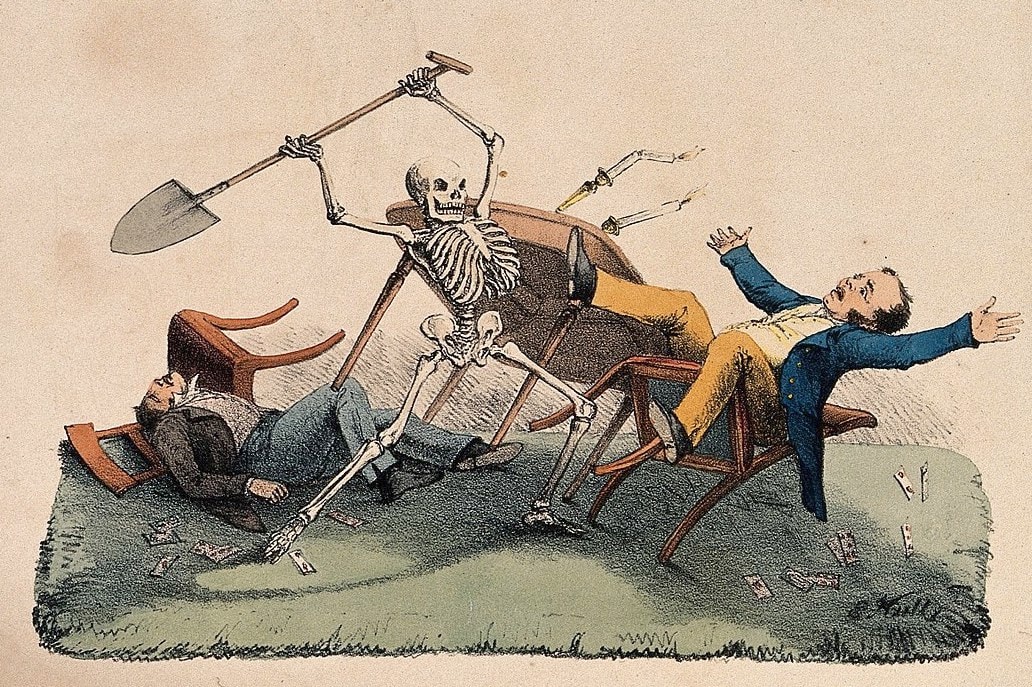
Recently separated? It’s time to make your will!
Not because your ex is lurking around the corner with a knife, waiting to knock you off (although, who knows?)
But there are very good reasons to write a new will now, and make your wishes official. Let’s take a look.
What does separating mean for your estate?
Nothing. Not-a-thing. Zip. And that’s actually the issue.
If you died now, before your divorce, everything would be treated in the exact same way as if you were still happily married.
Have a will that leaves everything to your ex-partner? That’s still valid. They will still get that money (and your property, and your belongings). Even if you’ve already moved out and moved on. Whether or not they will make a bonfire of your things and dance around it naked is up to them.
Haven’t even made a will yet? Your spouse is still entitled to the lion’s share. If you don’t have children, they will get everything. If you do, they will still get up to £270,000 of your estate, half of what’s left over (if anything), and all your belongings. Including any beloved family heirlooms.
So, dying without making a new will now, can mean that all of your estate will go to your ex-partner. Even if the two of you are splitting up on the friendliest of terms, it’s not ideal – especially if you’ve met someone new.
Isn’t it a waste of time and money to make a will now (you ask)?
Not at all. It’s easy enough to make a simple will now on Beyond, and update it after the divorce comes through. And it costs just £90.
With Beyond, you can write your will online, print it off and get it signed in as little as 30 minutes. No hassle, no trip to the solicitor’s office required.
After that, you can log back in and update your will anytime. Unlimited updates are free for the first year and £10 a year after that.
And, of course, there are other reasons to make a will…
Let’s face it: you knew you had to make a will some time. It’s the responsible thing to do. And, at the risk of sounding like your mum, there’s no better time than the present.
Remember, a will is the only way to:
- Leave your money, property and belongings to the people you choose
- Protect your children, parents and new partner (if you’re there yet)
- Leave presents for friends who have supported you
- Avoid a (potentially nightmarish) inheritance tax bill
- Prevent nasty family spats
- Change the world for the better with a charitable gift
Ready to make your will? Step this way
At Beyond, it costs just £90 to make a will from the comfort of your own sofa.
Every will is checked by our in-house experts, who are on hand to answer your questions every step of the way. And it takes less time than reheating a frozen pizza. You can even do both at the same time.
So, why wait? Click here to make your will today.










